Ethiopia
East African bloc Igad said on Wednesday it was "optimistic" about new talks between the Ethiopian government and the Oromo Liberation Army (OLA), a day after talks failed to end a five-year insurgency in Oromia, Ethiopia's largest and most populous regional state.
Classified as a "terrorist organization" by Addis Ababa, the OLA has been fighting the Ethiopian authorities since its split with the historic Oromo Liberation Front (OLF) in 2018, when the latter renounced armed struggle that year when current Prime Minister Abiy Ahmed came to power.
The Ethiopian government and the OLF announced separately on Tuesday evening that a second round of negotiations in Tanzania had ended without agreement, blaming each other for the failure of the talks, which are being mediated by Igad alongside the United States and Norway.
Igad is made up of eight member states (Kenya, Djibouti, Ethiopia, South Sudan, Sudan, Somalia, Uganda and Eritrea).
In a statement, the organization's executive secretary, Workneh Gebeyehu, called on both parties to "maintain their commitment to the peace process, in the interest of the people of Ethiopia".
"In any negotiation process there are inevitable periods of challenge and complexity", but "Dr. Workneh is optimistic that both sides will initiate a new round of talks to resolve outstanding issues", according to Igad.
A first round of talks on the Tanzanian island of Zanzibar ended in early May amid continuing disagreements. The second round began on an unspecified date in Dar es Salaam, in the presence, according to the OLA, of its leader Jaal Maroo.
Many observers describe the OLA as a "franchise" of relatively autonomous groups - some with villainous motives - rather than a hierarchically structured movement under a central command.
Estimated at a few thousand men in 2018, its numbers have grown considerably in recent years, although observers consider it insufficiently organized and armed to represent a real threat to Ethiopia's federal power, even though the capital is hemmed in by Oromia.
The Oromo people's region stretches from center to south and east to west, covering around a third of Ethiopia's territory and home to around a third of the 120 million inhabitants of Africa's second most populous country.
It is plagued by multi-faceted violence, making the situation extremely confused: internal political struggles, territorial disputes and animosities between communities, combined with the recent development of armed banditry.
In recent years, Oromia has been the scene of ethnic massacres - the perpetrators of which are not clearly identified - particularly in the Wollegas, a remote area in the far west, where they mainly target the Amhara, the second most numerous people in Ethiopia but a very small minority in Oromia.



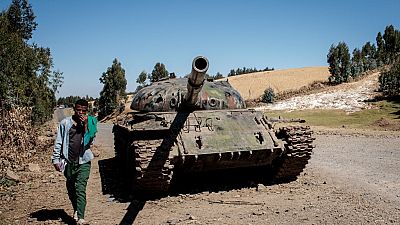

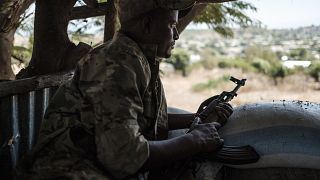
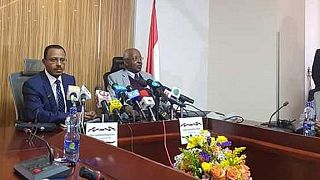

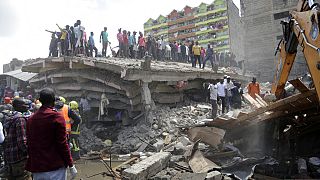
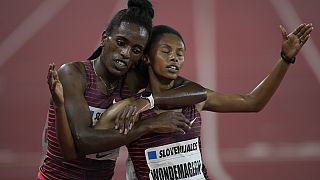
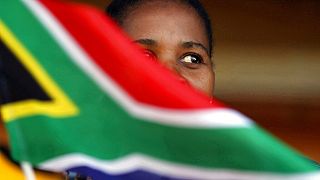
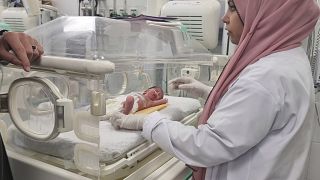

Go to video
British police charge two men after Channel migrant deaths
Go to video
Namibia: Tourists pose naked at Big Daddy Dune in Namib Desert, Govt expresses anger
01:02
Pics of the day: April 25, 2024
01:09
Tanzania: Death toll from flooding rises to 155 as heavy rains continue in Eastern Africa
Go to video
Kenyan government recommends regulating, not banning TikTok
Go to video
Over 100 inmates break free from a Nigerian prison after heavy rains